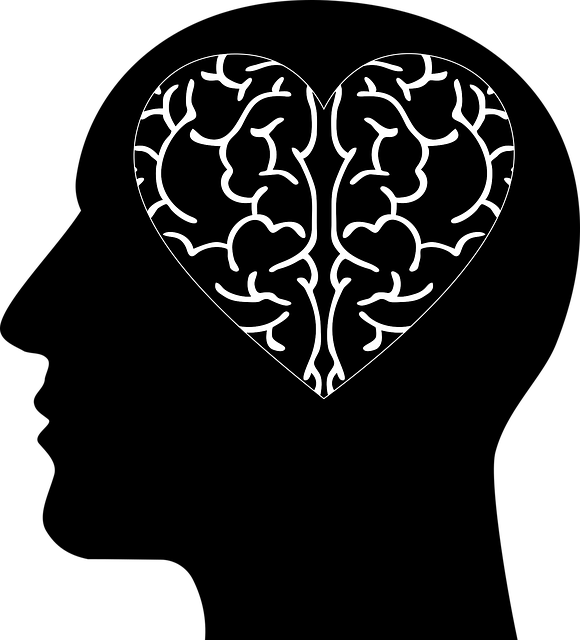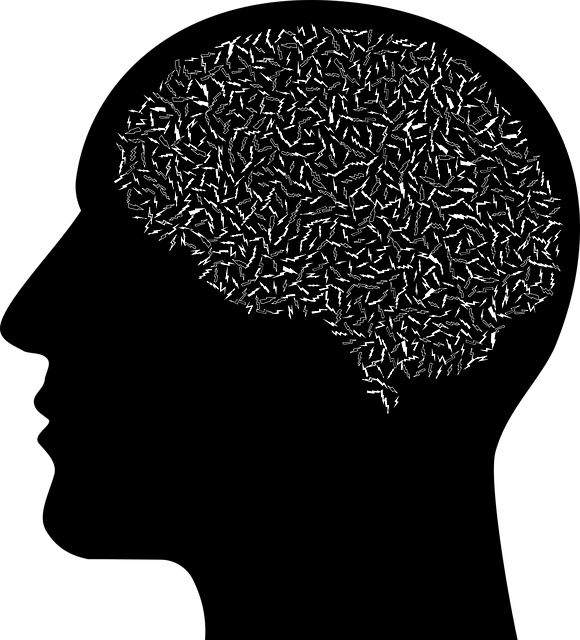Resilience is key to children's holistic development, making Resourceful Fronting Management (RFM) a valuable therapeutic approach. RFM teaches kids to leverage their strengths and cope with challenges through proactive mindsets, problem-solving skills, and social support. This method combines cognitive strategies with physical activities, enhancing therapy effectiveness and fostering emotional well-being. Role-Facilitated Training (RFT) further equips therapists and clinicians by simulating real-life scenarios, improving dynamic understanding, and promoting a proactive resilience-building strategy through community education.
Resilience is a vital skill for children to navigate life’s challenges. This article explores the power of RFM (Resource, Coping, and Mastery) exercises in building resilience among young individuals. We delve into how therapists can utilize these techniques during sessions, focusing on effective therapy for children. Additionally, we highlight the importance of training therapists-clinicians to enhance their skills, ensuring they can guide kids toward fostering resilience and emotional well-being.
- Understanding RFM and Its Role in Resilience Building for Children
- Implementing RFM Exercises in Therapy Sessions for Kids
- Enhancing Therapist-Clinician Skills through RFM Training
Understanding RFM and Its Role in Resilience Building for Children

Resilience is a vital asset for children to navigate life’s challenges and develop a strong sense of self-efficacy. Understanding RFM (Resourceful Fronting Management), a therapeutic approach, offers valuable insights into building resilience in young individuals. This method focuses on empowering children to confront and overcome difficult situations by utilizing their innate resources and strengths. Through therapy sessions, children learn to adopt a proactive mindset, where they identify and leverage their coping strategies, social support systems, and problem-solving skills.
For therapists and clinicians working with children, incorporating RFM techniques into therapy provides an effective framework for fostering resilience. By teaching empathy-building strategies and promoting mind over matter principles, professionals can guide young clients through crisis intervention guidance. This approach not only helps children develop a more positive perception of themselves but also equips them with the tools to navigate future stressors, fostering a sense of adaptability and emotional well-being.
Implementing RFM Exercises in Therapy Sessions for Kids

Implementing RFM (Resilience, Flexibility, and Mastery) exercises in therapy sessions for kids is a powerful approach that combines cognitive strategies with physical activities to foster resilience. Therapists can utilize these exercises to help children develop coping mechanisms for stress, anxiety, and depression. By integrating RFM into the therapeutic process, professionals not only enhance the effectiveness of treatment but also create a fun and engaging environment that encourages active participation from young clients.
This method promotes better communication between therapists and kids, as it often involves collaborative problem-solving and role-playing scenarios. Such exercises can significantly contribute to anxiety relief and depression prevention by teaching children to view challenges as opportunities for growth rather than insurmountable obstacles. As therapists-clinicians, incorporating RFM into your practice empowers you to provide comprehensive care tailored to each child’s unique needs.
Enhancing Therapist-Clinician Skills through RFM Training

Through Role-Facilitated Training (RFT), therapists and clinicians gain invaluable skills to support children’s emotional well-being. This innovative approach goes beyond traditional therapy methods by immersing practitioners in real-life scenarios, fostering an understanding of the complex dynamics between therapist and client. RFT enhances their ability to build resilience in young individuals, teaching them effective conflict resolution techniques and promoting inner strength development.
By participating in these exercises, therapists become more adept at navigating challenging situations, improving their overall effectiveness in therapy for children. The training encourages practitioners to embrace a proactive approach, utilizing public awareness campaigns development as a tool to educate both clients and the wider community about emotional resilience and coping strategies. This multifaceted strategy not only strengthens the therapist-clinician’s skill set but also contributes to a more supportive and informed environment for vulnerable children.
Resilience is a vital skill for children to navigate life’s challenges, and RFM (Recovery, Flexibility, and Mastery) exercises offer a powerful framework. By integrating these techniques into therapy sessions, therapists can effectively support young clients in building mental fortitude. This approach not only benefits individuals but also enhances the skills of therapists themselves, enabling them to provide more tailored and impactful therapy for children. Through dedicated training, therapists-clinicians can master RFM methodologies, fostering a stronger connection with their young patients and contributing to positive outcomes in therapy for therapists-clinicians and their clients alike.








